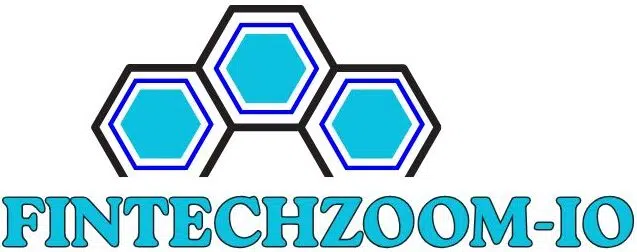Introduction
Artificial Intelligence is becoming a dominant trend in the future of marketing. Modern businesses use AI, not to mechanize campaigns, but to design intelligent systems that have the capacity to interpret customer behavior in an in-depth way. In the context of webontwikkeling, AI-based digital marketing helps to build a stronger brand-customer relationship based on personalization, automation, or predictive analytics.
This discussion explores the radical effect of AI on digital marketing with a focus on speeding up and increasing the effectiveness of campaigns.
1. Smarter Decision Predictive Analytics
AI allows marketers to use facts and not guesses as a foundation of their decisions. Predictive analytics systems analyze information about the user to predict their customer preferences and behavior.
Practical Applications:
- Determination of customers with the highest probability of conversion.
- Decision made on the best time to launch a campaign.
- Planning of the channels with the greatest ROI.
- Budget allocation and strategic planning.
2. Artificial Intelligence-Based Content Generation and Optimization
Creation of quality content is still the focus of the marketing effectiveness. Modern AI systems are able to generate outlines, headlines, and key word strategies which are exactly what the audience is intending.
How AI Enhances Content:
- Evaluation of the leading articles to find the improvements.
- Suggestion of the emotional tone and readability proportion.
- Creation of individual recommendations to specific groups of audiences.
- Guarantee of compliance in SEO without overly stuffing the keywords.
3. Individualized User Interface with Data Intelligence
AI changes the brand-user relationships. AI can be used in web application development to provide personalization of experiences across devices and touchpoints through behavioral data.
Personalization Features:
- Real time dynamically adaptable landing pages.
- User-based product suggestions.
- Chatbots that are assisted by AI and offer real-time aid.
- Predictive UI design which changes according to patterns of engagement.
4. Smart Ad Targeting and Optimization of Budgets
The previous methods of advertising relied on manual optimization; the modern AI applications, like Google Ads AI and Meta Advantage+, are automated in setting budgets and targeting audiences and provide the best possible results.
AI Contributions:
- Discovering the high-performing audience segments.
- Simultaneous experimenting of various variations.
- Artificial optimization of advertising spending to increase ROI.
- Accurate prediction of the results of future campaigns.
5. Conversational Marketing and Chatbots
AI chatbots have become part and parcel of the marketing automation process, providing instant replies, increasing interaction, gathering customer data, and offering useful information.
Advantages of AI Chatbots:
- 24/7 service and real time communication.
- Minimized human agent dependence.
- Higher lead capture and lead qualification.
- Increased customer satisfaction by means of personalization.
6. Sentiment Analysis and Social Listening
AI tracks sentiment of the audience on social media. Through hashtag analysis, mention analysis and sentiment analysis, marketers are able to make appropriate adjustments in a timely manner.
Key Uses:
- Timely identification of negative feedback.
- Viral trend and sentiment tracking.
- Adherence of content tone to current audience mood.
- improvement in general brand image management.
7. Artificial Intelligence in Email Marketing and Campaign Automation
AI is not just another email send machine, but it streamlines the whole process of communication. Machine learning will measure the best time, content, and deliverables that are the most engaging.
In this manner, AI techniques can improve email strategies to enhance the results obtained from these strategies.<|human|>AI-Enhanced Email Techniques:
- Anticipation of best sending times on a subscriber basis.
- The subject lines are to be customized in order to increase open rates.
- Dynamic audience segmentation on the basis of activity.
- Following-up messages are smartly automated.
8. Artificial Intelligence Conversion Rate Optimization
AI examines user paths to define areas of friction that inhibit conversions. Based on this data, marketers are able to optimize landing pages making them more effective.
Key Areas AI Improves:
- Identification of weakly performing call-to-action items.
- Scrolling and click patterns analysis.
- Layout improvement ideas which are generated automatically.
- Quick testing of other designs that are better than the A/B testing.
9. The fair and aboveboard application of AI
As AI extends, marketers are expected to maintain morale with regards to AI. To build trust in the data handling and personalization, the data should be handled transparently and personalized.
Best Practices:
- GDPR and other data protection compliance
- Non-manipulative targeting strategies
- Publication of the use of AI where necessary
- Continuous human monitoring of every automated measure
Conclusion
Artificial Intelligence has become the digital marketing strategic centre. When fully incorporated into web application development, it enables platforms that learn, evolve unassisted and provide real-time personalization. The marketing of the future will be smarter, the adverts will be more personalized, and the customer experience will be tailored in a unique way, and this marks the era of smart digital transformation.


